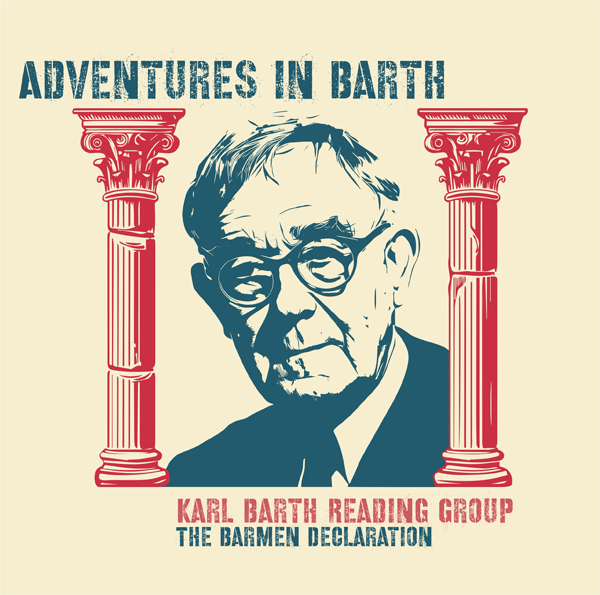Back in the Mythic World
We returned from Canada yesterday, after a week in Toronto. The transition was framed for me by an intriguing David Brooks column.
In that June 22 column Brooks contrasts mythic and parable shaped moral visions. I admire Brooks for his willingness to think in large, even abstract, terms. This column, even with its somewhat grandiose title, “America’s Fourth Great Awakening,” is not the kind of piece that is likely to draw a lot of clicks. It doesn’t directly engage a current hot news topic.
Stepping behind the news, Brooks contrasts the worlds and visions of “myth” and “parable.” Myth depicts life as lived in a perilous realm, one where the characters possess special powers. The mythic appeals to our desire for the heroic. Parable is more a twist on ordinary life, a way of seeing those truths hidden in plain sight.
Brooks argues that we are increasingly saturated in a mythic world, citing current super-hero movies, video games and sports as the preachers and sanctuaries of this Fourth Great Awakening.
He notes both the positives and negatives of the mythic world. Here’s Brooks:
“There are many virtues to the mythic worldview — to stand heroically for justice, to be loyal to friends and fierce against foes. But history does offer some sobering lessons about societies that relied too heavily on the competitive virtues.
“They tend to give short shrift to relationships, which depend on the fragile, intimate bonds of vulnerability, trust, compassion and selfless love. They tend to see life as an eternal competition between warring tribes. They tend to see the line between good and evil as running between groups, not, as in parable, down the middle of every human heart.” (italics added)
And then Brooks’ rather softly-stated conclusion: “We’re spiritual creatures; our lives are shaped by the moral landscapes and ideals we inherit and absorb. I’d say our politics and our society are coming to resemble the competitive mythic ethos that is suddenly all around.”
Several years ago my younger colleague, Quinn Caldwell, helped de-code for me the world of “Hunger Games,” “Walking Dead,” “Game of Thrones” and so on. Quinn’s point, which I loved, was that people were drawn to this magical world as an antidote to overly rational modernity. But the church (at least the mainline one) has steered clear of such magic in favor of a far more pallid rational and moralistic religion. Quinn called us to re-discover the magic.
Quinn was right. There’s power in the magic.
But so too is Brooks. There is danger in these Manichean world-views, of good versus evil, of the world as an only perilous realm, which requires superpowers to negotiate and where ordinary human interactions are well, far too ordinary.
President Trump’s stock-in-trade is the mythic. He depicts our world as an exceedingly dark and dangerous place where threats lurk at every turn. And he alone can fix it.
His focus on the border and immigration fits into this pattern, at least in his telling. There the “rapists and criminals” are coming for us.
While there are real and terrible issues at the border and with immigration, Trump’s narrative seems more invented than real. If there’s an apocalypse at the border it is of his creation. A recent story from the border town of Brownsville, Texas said that things were actually pretty calm there.
Returning to the U.S. after a week in Canada feels a bit like transitioning from a world of parable to one of myth — to use Brooks’s terms. I was struck by the delights of the ordinary in Toronto and by the many human-scale interactions we enjoyed there — several of which I mentioned in recent blogs.
Back in the U.S. things seem, by comparison, very amped up. The line between good and evil, runs between groups (and not through each human heart). That line appears to be every more sharply drawn as Danny Westneat notes reading Seattle “for rent” ads that stipulate “no Trump supporters” need apply.
We need to lower the temperature, but no one knows quite how. Meanwhile, we have a President who loves being a flame-thrower.
![Anthony B. Robinson [logo]](https://www.anthonybrobinson.com/wp-content/themes/anthonybrobinson/images/logo.png)
![Anthony B. Robinson [logo]](https://www.anthonybrobinson.com/wp-content/themes/anthonybrobinson/images/logo-print.png)
